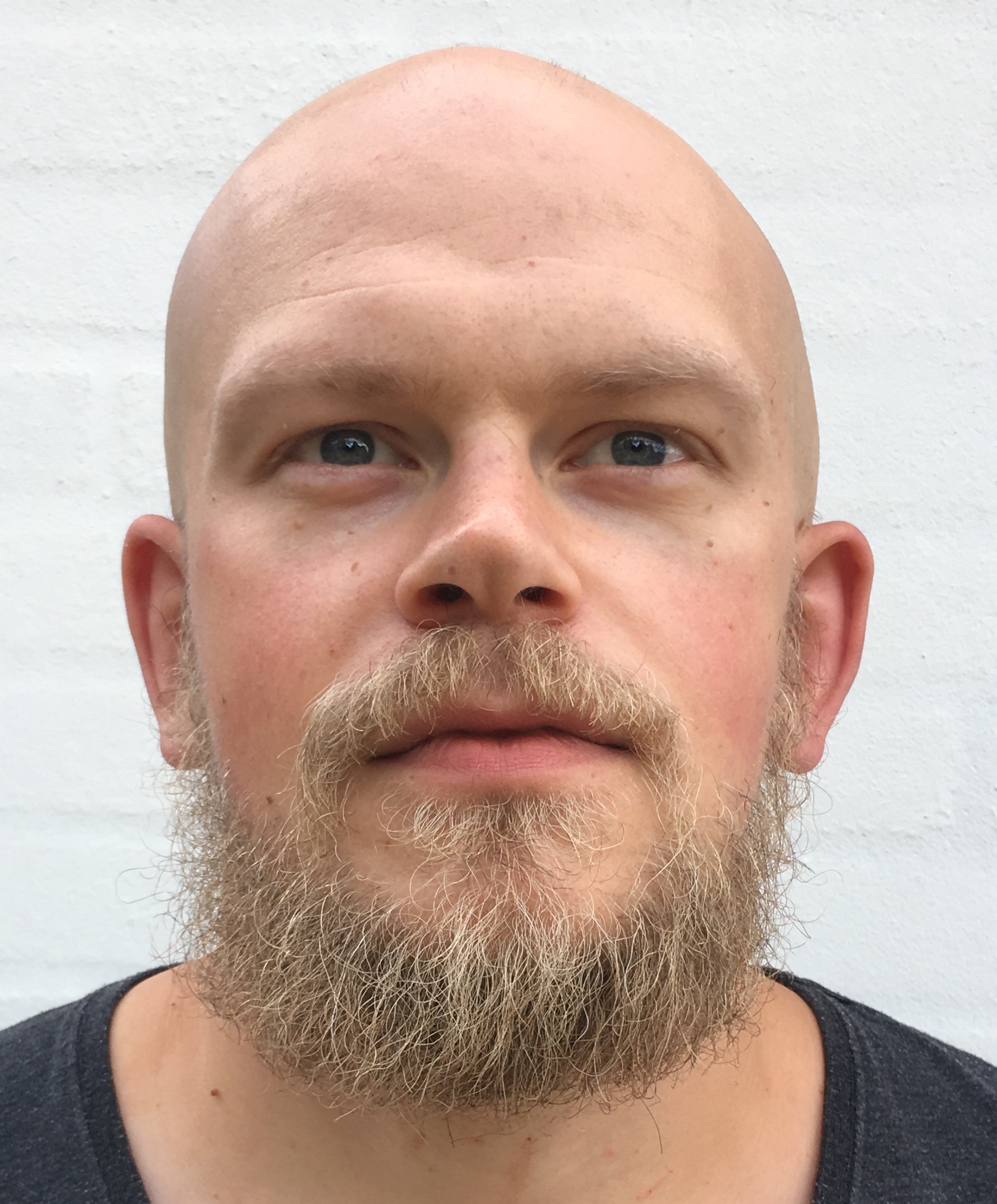Sexism, my children, and I
During the past years, I have become much more attuned to the problems of everyday sexism. From subtle things, like my father expressing the obvious self-evidence of his wife or stepdaughter not knowing what they ‘invited’ by displaying their feminine beauty; or my hasty correction of my son’s assumption that his female classmates could not be expected to play computer games well (there seems to be a certain toxic masculinity present in Hjalmar’s class; he would rather not have a pink lunch box for fear of teasing, a sentiment not shared by Storm).
I do what I can, as a part time social justice warrior, to combat these trends. For example, while i do not limit good-natured teasing or in-game trash-talk, certain phrases are a no go. It is not OK to call someone ‘gay’ in my house, or ‘a pussy’, or otherwise seek to denigrate someone by questioning their masculinity (which also carries the implication that ‘feminine’ traits are of lesser value). Nor will I abide calling someone a ‘fatass’, or otherwise seek to diminish someone by their appearance, dress or actions.
I see the effects of internalized misogyny in my own life as well. My wife gets asked — by other women — why she doesn’t smile on her Instagram selfies. My chosen profession — caring for others — is traditionally a ‘womens task’, my subfield even more so. But even so, men have higher average wages, and are, as far as I can tell, overrepresented in management and union work. Related to the issue of wages is that it is quite common to be denied full-time work in my subfield. Very many of my colleagues would very much like to go from 30 hour weeks to 37, but are denied. This has knock-on effects throughout a career. The employer-subsidized pension scales along with wages earned, for instance, resulting in a very substantial loss of post-retirement income.
Granted, I very often enjoy the benefits of this systemic inequality. I am white, male, and reasonably fit. This opens many doors for me. I have never had to fear unwanted advances, been wary of walking alone in a city at night, or fight to make my voice heard, or been subject to harassment on social media.
But the current system also hurts men. Both Hjalmar and I tear up at the final scene of Coco, and i have to struggle to allow myself to show that I am moved as well. Not because I was explicitly brought up with the idea that “boys don’t cry”; but somehow I’ve managed to internalize the open show of emotion as anti-masculine. In one of the rare occasions where my gender has stood in the way of my plans, I was not able to take the paternity leave I’d planned during college. That privilege was limited to the mother, apparently.
I state the obvious when I hope we can change. Right now I am (somewhat cynically) pessimistic. The first step should be to acknowledge the issue; efforts to this end have been ongoing for quite som time. But the simultaneous rise of the political right along with toxic subcultures such as incels and Red Pill makes me shudder. Even outside these festering sores of society, women who dare to speak up in public (often on female-centered issues, such as heightened pressure toward outward appearance) have to accept a certain base-level of harassment as part of the cost.
I will continue to do what I can, in my own small way, and hope I raise a cadre of future SJWs to carry the banner forward. I wish my sons and my daughters have equal opportunities in life, to laugh, to cry, to love, for bodily autonomy, and for respect of personal privacy. And I hope the societal discourse can acknowledge the issues. A [poll performed by Politiken in 2018] [rightspoll] does not inspire confidence, however (paywall warning). How the gender equality project today can be seen as having gone too far is beyond me. The battle seems hardly begun some days.
We should be better than this already.
